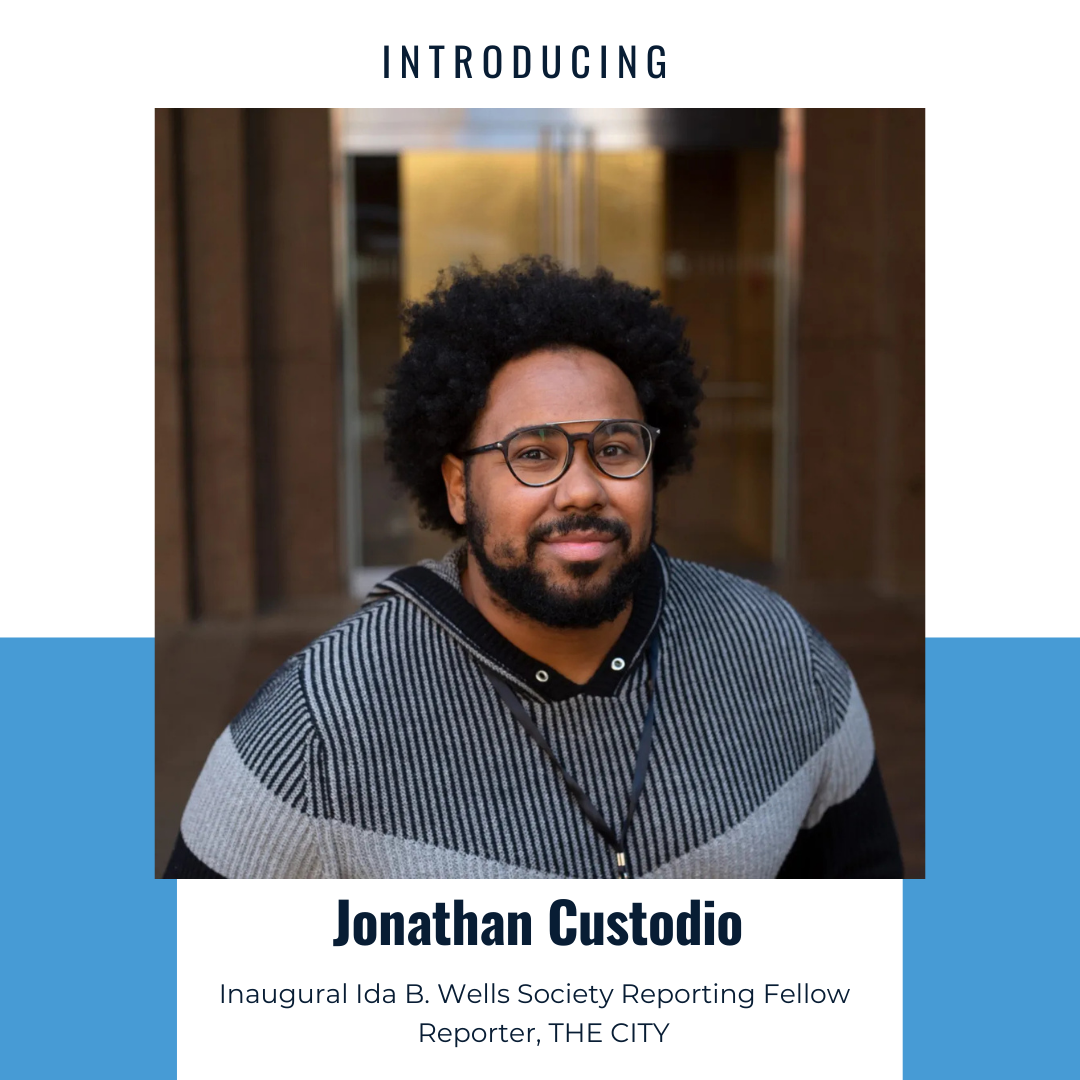is a former Bronx and CUNY reporter at THE CITY and an inaugural Ida B. Wells Society Investigative Reporting Fellow.
Learn more about Jonathan in this Q&A.
Please briefly describe your reporting project.
My project investigates primary care deserts in New York City and how fewer primary care physicians can contribute to higher rates of chronic diseases.
What made you apply to this program?
In veteran journalist Michael Harriot’s “Black AF History,” Harriot describes Ida B. Wells as “the standard to which every Black journalist in America aspires,” noting she revolutionized journalism by “using a combination of statistical data, investigative techniques, and fearless truth-telling.” Since 2016, the Ida B. Wells Society has helped a plethora of journalists embody that same investigative journalism pioneered by its namesake, and I wanted to join that list through its investigative reporting fellowship.
What is the most impactful investigative reporting tool/trick you learned through this fellowship?
It’s so difficult to limit to just one investigative reporting tool or trick. I really appreciated the rundown of secure communications to protect our sources and ourselves, asking one question at a time during investigative interviews and issuing a FOIA request for the FOIA log.
Why was it important to pursue/publish this story idea and what impact do you see it having?
There has been a shift in primary care over the last few decades that has squeezed physicians out of operating independent practices, largely due to rising malpractice insurance premiums, overhead costs and administrative responsibilities that can push them towards institutional support. I thought it was important to report on what this shift in primary care practice has meant for underrepresented communities in New York City, which neighborhoods have felt the largest impact and how patients have now approached seeking care for themselves and loved ones.
Why is investigative journalism important to you?
Investigative journalism is simply one of the most effective tools to holding powerful people and institutions accountable in a functioning democracy.


Leave a Reply